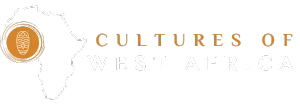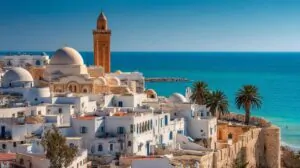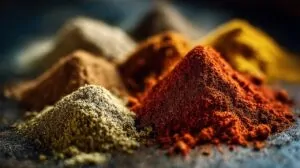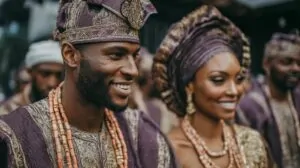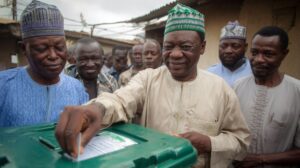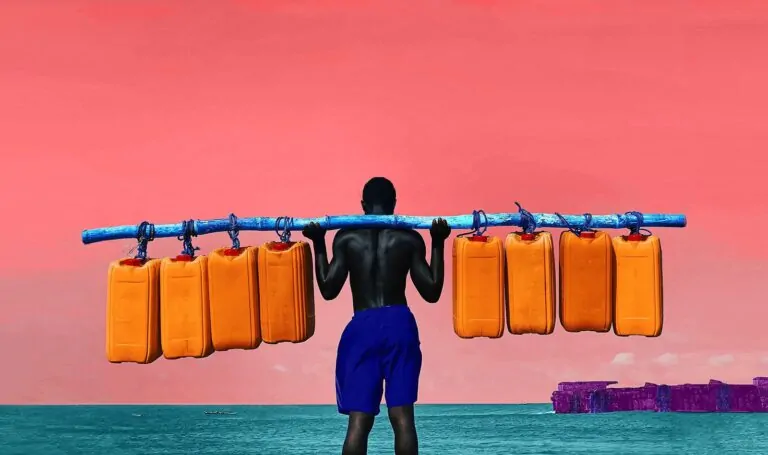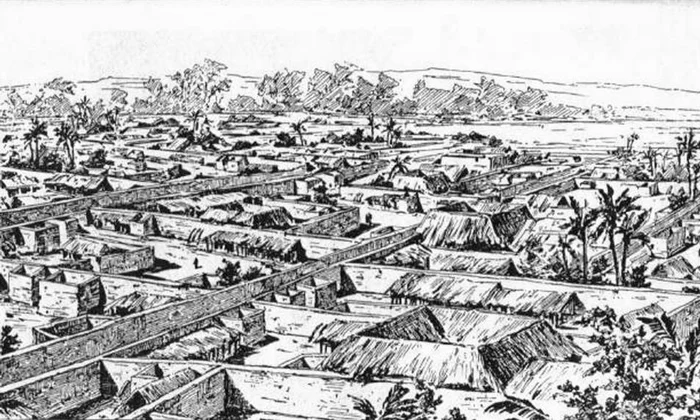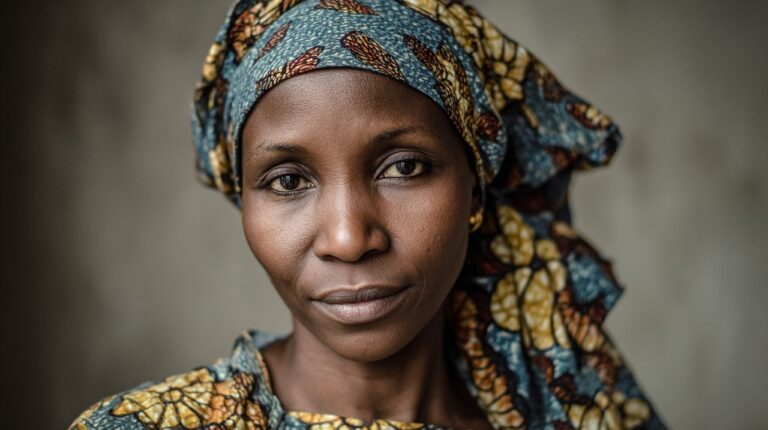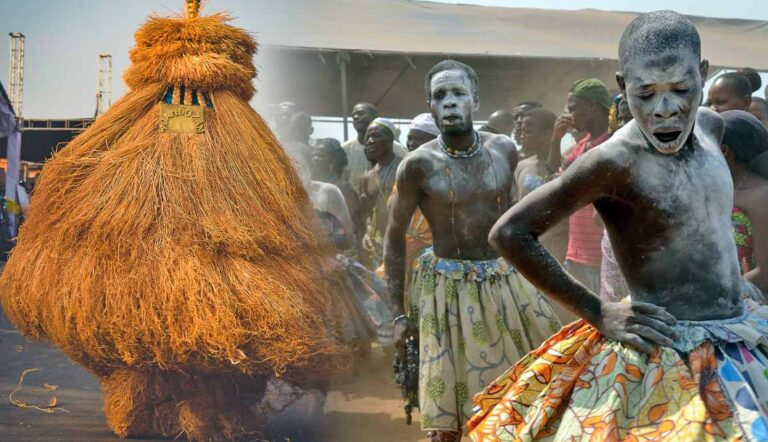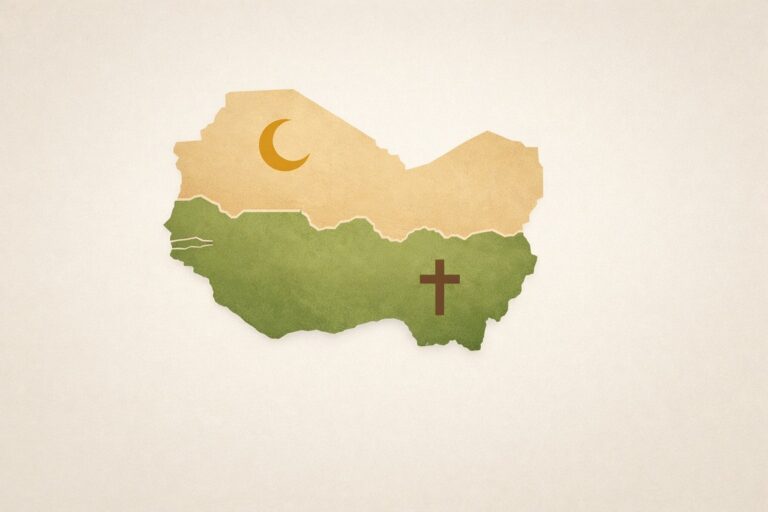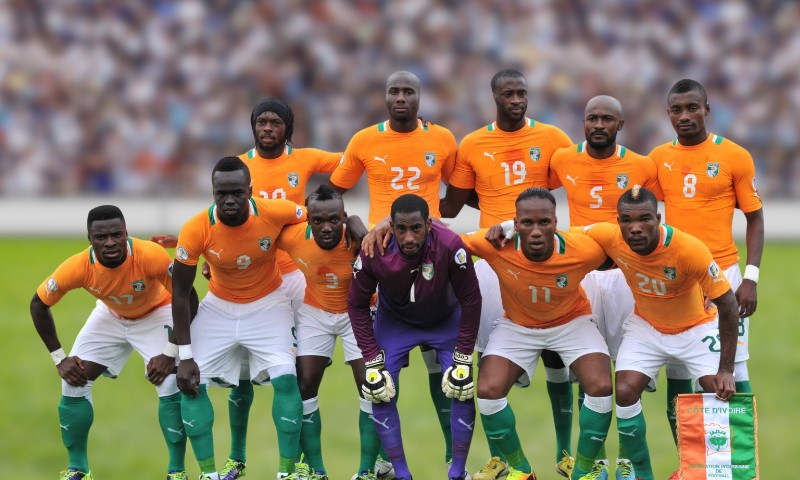
Ivory Coast’s national football team, popularly known as Les Éléphants, carries immense pride for its people.
Table of Contents
ToggleKnown by FIFA code CIV and governed by the Fédération Ivoirienne de Football (FIF), the team has been a powerhouse across African football for decades.
Home matches were once played at the historic Félix Houphouët-Boigny Stadium and are now hosted in the modern Alassane Ouattara Stadium, often filled with thousands of passionate supporters.
Their iconic orange jerseys symbolize energy, resilience, and national unity.
Let’s discuss the Ivory Coast national football team and what makes it popular among fans from all over the globe, not just locals.
Greatest Players in Ivory Coast History
Legends have shaped the team’s reputation across decades.
Each player contributed not only in matches but also in creating a strong international identity.
| Player | Caps | Goals | Achievements / Legacy |
| Didier Drogba | 105 | 65 | Chelsea icon, top scorer, national team leader for over a decade |
| Yaya Touré | 101 | 19 | Central figure in 2015 AFCON win, four-time African Footballer of the Year |
| Kolo Touré | 120 | 7 | Member of Arsenal’s Invincibles, defensive stalwart in 2015 AFCON triumph |
| Didier Zokora | 123 | 1 | Most capped player, served as defensive backbone for years |
Other major contributors:
- Salomon Kalou
- Gervinho
- Serge Aurier
- Franck Kessié
- Max Gradel
- Sébastien Haller
Records and Statistics
Performance milestones highlight the consistency and strength of Ivorian football.
Most Capped Players
- Didier Zokora: 123
- Kolo Touré: 120
- Max Gradel: 110
Top Goal Scorers
- Didier Drogba: 65
- Abdoulaye Traoré: 49
- Joël Tiéhi: 28
- Salomon Kalou: 27
- Gervinho: 23
World Cup Appearances
Ivory Coast featured in three consecutive World Cups: 2006, 2010, and 2014.
Although all campaigns ended in group stages, valuable experience prepared future squads.
AFCON Performance Summary
- Champions: 1992, 2015, 2023
- Runners-up: 2006, 2012
- Third place: 1965, 1968, 1986, 1994
Stadiums and Supporters
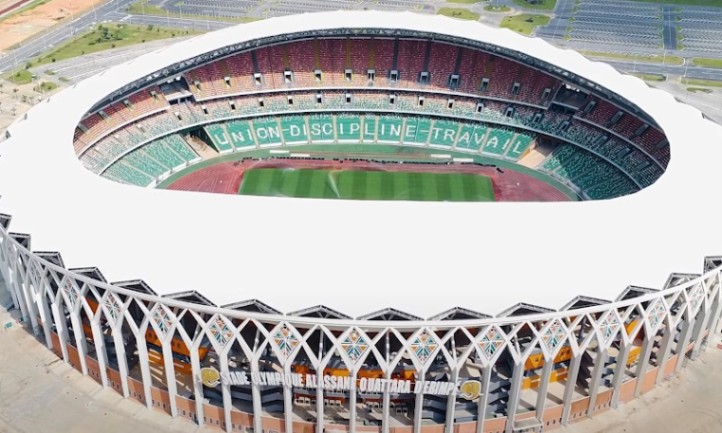
Football culture in the Ivory Coast thrives on strong infrastructure and passionate fans.
Home Grounds
For decades, Félix Houphouët-Boigny Stadium served as the traditional home of the team.
Fan Culture
Supporters of Les Éléphants are known for colorful clothing, rhythmic percussion, and electrifying energy during matches.
Their passion often extends into entertainment and betting activities, with many turning to local, African online casinos, like Melbet Nigeria, during tournaments to heighten excitement.
Early History (1960–1980s)
A strong national identity was forged in the Ivory Coast after independence, and football became a unifying force.
The sport grew rapidly, and the new national team quickly showed potential against established African opponents.
Early years laid down the competitive DNA that would later define Les Éléphants.
Formation and First Matches
Shortly after gaining independence in 1960, the Ivory Coast created a team that wasted no time in stepping onto the continental stage.
Their debut was memorable: a 3–2 victory over Dahomey, now Benin.
Just a year later, an 11–0 triumph against the Central African Republic announced their ability to dominate.
Matches during this period were more than competition; they symbolized the rise of a young nation eager to make its mark.
Key highlights include:
- Founded: 1960, shortly after independence
- First match: 3–2 win against Dahomey
- Biggest win: 11–0 against the Central African Republic in 1961
Early AFCON Participation
Continental involvement began with AFCON in 1965. Ivory Coast quickly displayed consistency by securing third place three times during the decade.
Players showcased determination that helped build a base for growth, even though setbacks were part of the process.
In 1978, a disqualification for using an ineligible player created controversy but also pushed the federation to strengthen its structures.
Key achievements during early AFCON years:
- 1963, 1965, 1968: Three third-place finishes
- 1978: Disqualification, later driving reforms
- Foundation built: Introduced the Ivory Coast as a regular competitor at the continental level
Rise to Continental Success (1980s–1990s)
The 1980s and 1990s reshaped Ivorian football. New investments, stronger development programs, and international experience produced results that turned the Ivory Coast into a major player in Africa.
Hosting AFCON 1984
Hosting duties in 1984 allowed the Ivory Coast to showcase talent and passion on home soil.
The team exited during the group stage, but the event itself was crucial.
Infrastructure improved, fan support surged, and local programs expanded, all preparing the team for success in the coming decade.
First Major Trophy: AFCON 1992
True glory arrived in Senegal during AFCON 1992. With stars such as Joël Tiéhi and Abdoulaye Traoré, the team reached the final against Ghana.
After one of the most dramatic penalty shootouts in football history, ending 11–10, Ivory Coast lifted its first continental title.
Key details:
- Tournament: AFCON 1992, Senegal
- Star players: Joël Tiéhi, Abdoulaye Traoré
- Final result: 0–0 draw, 11–10 win on penalties over Ghana
Continued Competitiveness
Following the breakthrough in 1992, the Ivory Coast kept pushing for titles.
Semi-final appearances and bronze medals in 1994 and 1996 demonstrated resilience.
Even when not crowned champions, the team was never far from the top, which solidified its reputation.
The Golden Generation (2000s–2010s)
A new era dawned with players such as Didier Drogba, Yaya Touré, and Kolo Touré leading the charge.
Their quality transformed the Ivory Coast into a household name across global football.
World Cup Debut (2006)
Entry into the 2006 FIFA World Cup marked a historic moment.
Drawn in a tough group alongside Argentina and the Netherlands, the Ivory Coast fought bravely.
A 3–2 win over Serbia and Montenegro highlighted potential on the biggest stage.
Consecutive World Cup Appearances
Ivory Coast continued to shine on the world stage by qualifying for both the 2010 and 2014 editions. Memorable results included:
- 2010: 0–0 draw against Portugal, 3–0 victory over North Korea
- 2014: 2–1 win against Japan, narrowly missing the knockout stages after defeat to Greece
AFCON 2006 & 2012 Runner-Up Finishes
Continental heartbreak defined the mid-2000s and early 2010s.
The 2006 final ended with Egypt triumphing in penalties.
In 2012, after an unbeaten run, Zambia shocked the Ivory Coast again in a penalty shootout.
Second AFCON Title (2015)
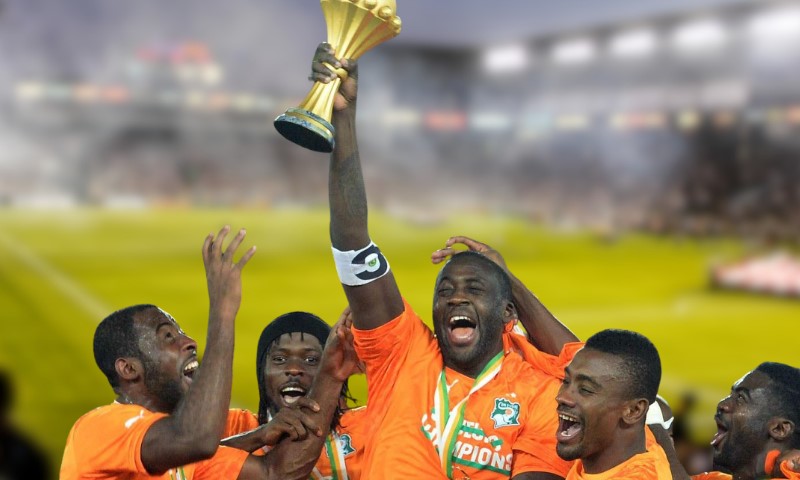
Redemption arrived in 2015 under coach Hervé Renard. In another penalty shootout against Ghana, goalkeeper Boubacar Barry scored the decisive spot kick, securing a second AFCON crown for the Ivory Coast.
Recent Achievements and Resurgence (2020s)
Modern football in the Ivory Coast reflects resilience and tactical evolution. Hosting AFCON in 2023 became a story of determination.
After group stage struggles, a coaching change placed Emerse Faé in charge.
Victories against Senegal and Mali showed fighting spirit, while the final against Nigeria ended in a 2–1 triumph that secured the nation’s third title.
The Bottom Line
Ivory Coast has grown into one of Africa’s great football powers.
From modest beginnings in the 1960s to continental dominance in the modern era, Les Éléphants continue to inspire through resilience, talent, and passionate supporters.
With three AFCON titles, multiple generations of world-class players, and fresh momentum following the 2023 triumph, the future of Ivorian football looks brighter than ever.
Related Posts:
- Senegal National Football Team History, Key Players,…
- Nigeria National Football Team: Key Achievements and Records
- Everything You Need to Know Before Visiting Grand…
- Most Popular Team Sports in Kenya - Football, Rugby,…
- Complete Wildlife Travel Guide to Yankari National…
- 10 Best Football Clubs in Ghana Everyone Should Know

